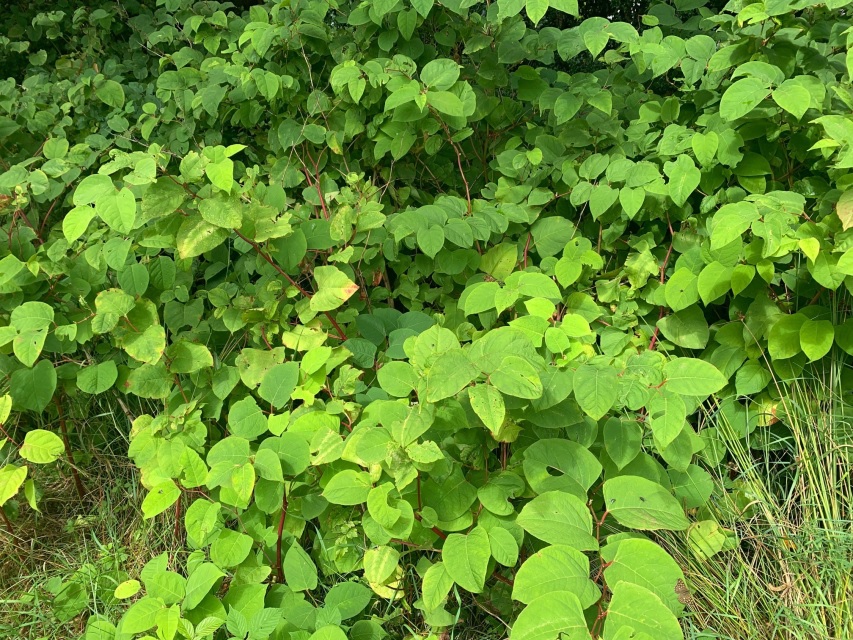
Earlier this year, as thousands were rushing to finalise their property transactions before the end of the stamp duty holiday, several property experts warned people to "be honest" about Japanese knotweed when selling their homes.
Good advice - but it seems that many sellers weren't listening. Property industry magazine The Negotiator reports that Japanese knotweed misrepresentation cases have increased by 25% in the past year, and this rise is apparently "due in part to buyers and sellers rushing transactions to win stamp duty holiday savings".
More...
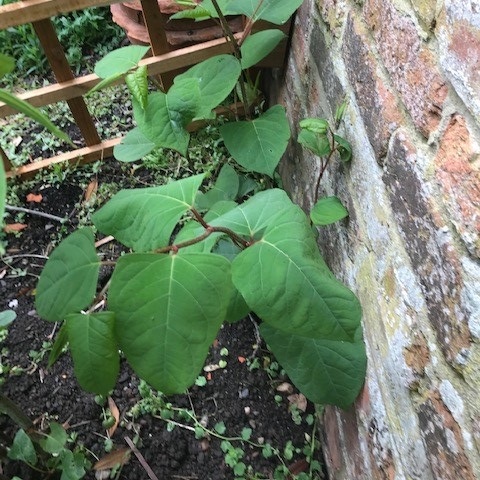
As winter approaches, Japanese knotweed (Fallopia japonica) enters the dormant phase of its annual growth cycle. During this period, the clusters of cream-coloured flowers will disappear and the bamboo-like canes will die away, but don't be fooled - the plant itself lives on beneath the soil.
If you've done your research, you may be aware that Japanese knotweed rhizomes can stay in the ground for a long time, dormant but not dead. This can lead to some real headaches when attempting to buy or sell a property that was affected by knotweed in the past; the plant may no longer be visible above ground, but it's difficult to know for sure that it will never reappear.
More...
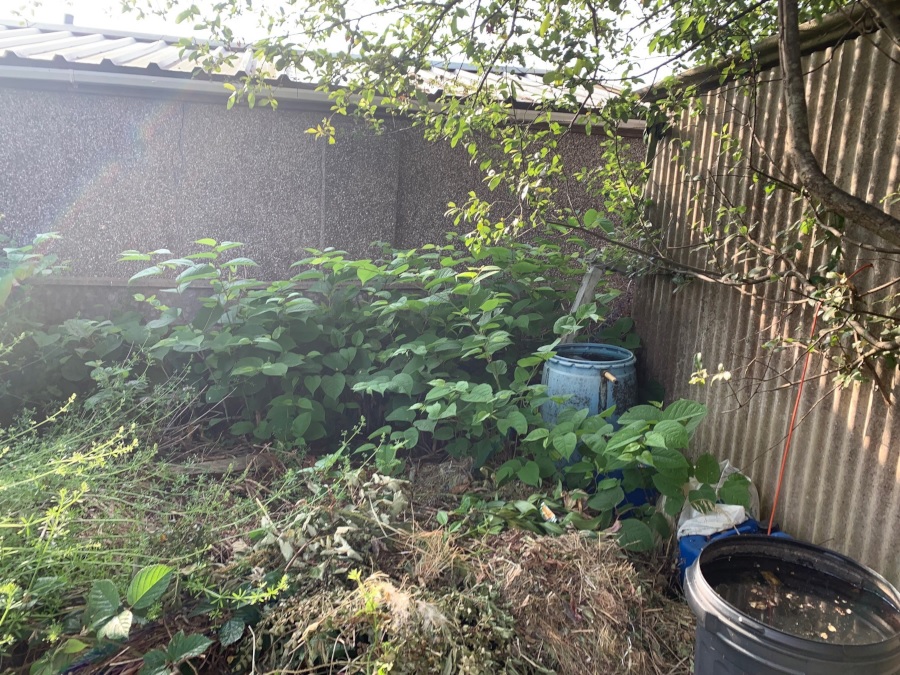
Japanese knotweed is a big problem in this country. Confirmed cases have increased by approximately 28% in the past five years, and it's been estimated that knotweed costs the UK somewhere in the region of £41 million each year.
More...
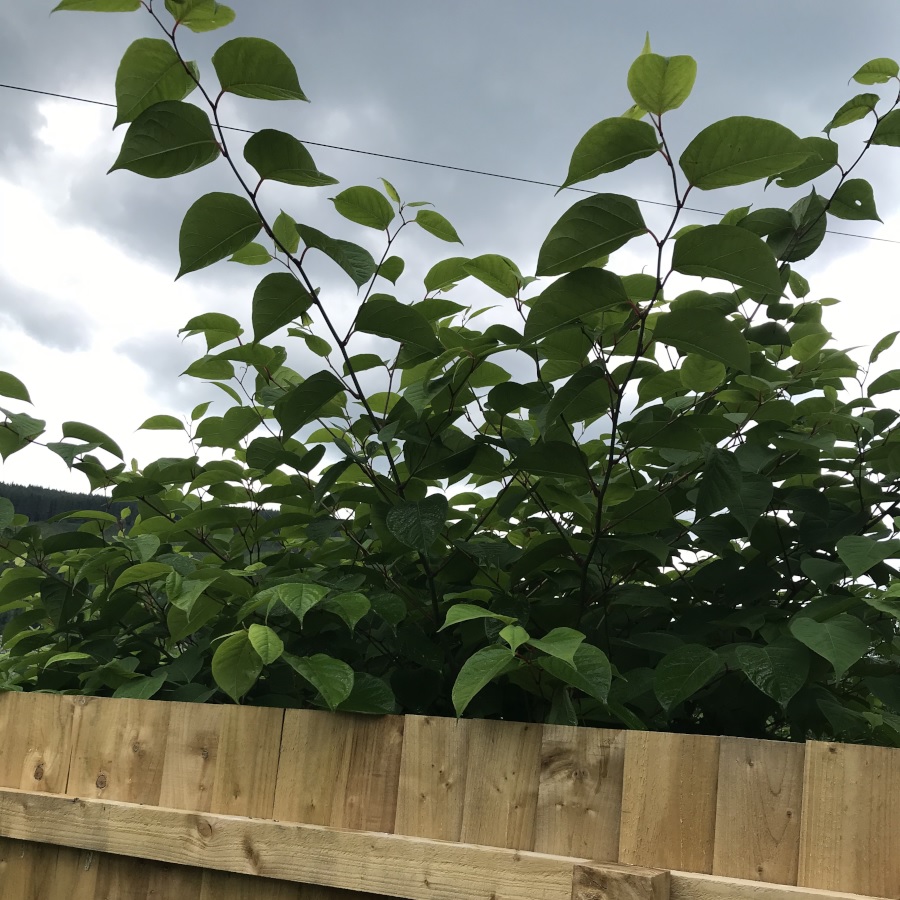
Have you noticed that more and more people are talking about Japanese knotweed lately? Well, there may be a good reason for the British public's growing interest in this invasive plant - the results of a recent study by Horticulture.co.uk suggest that the number of live Japanese knotweed cases in the UK has increased significantly in recent years.
The study states that confirmed UK cases have grown by 27.91% in the last five years, but that's just a national average - the increase is actually far higher than that in certain regions. South Yorkshire tops the list with a five-year increase of 77.19%, just ahead of Hampshire (+73.24%) and West Sussex (+72.22%).
And Japanese knotweed isn't just spreading fast in England. The top ten list also includes two Welsh regions: Powys (+61.93%) and Cardiff (+53.01%). There are currently hundreds of confirmed cases in both areas.
More...
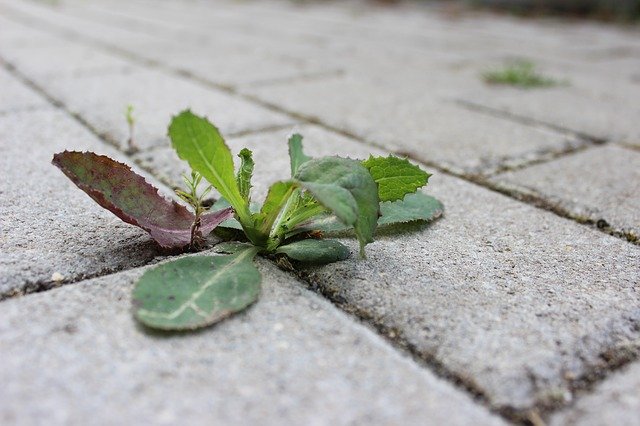
Weeds in the garden are a pain, but weeds in public places can be downright dangerous. It's important for councils to stay on top of their weeds - not only is it unsightly when weeds start sprouting up through the cracks in the pavement, it's also a potential trip hazard.
More...
